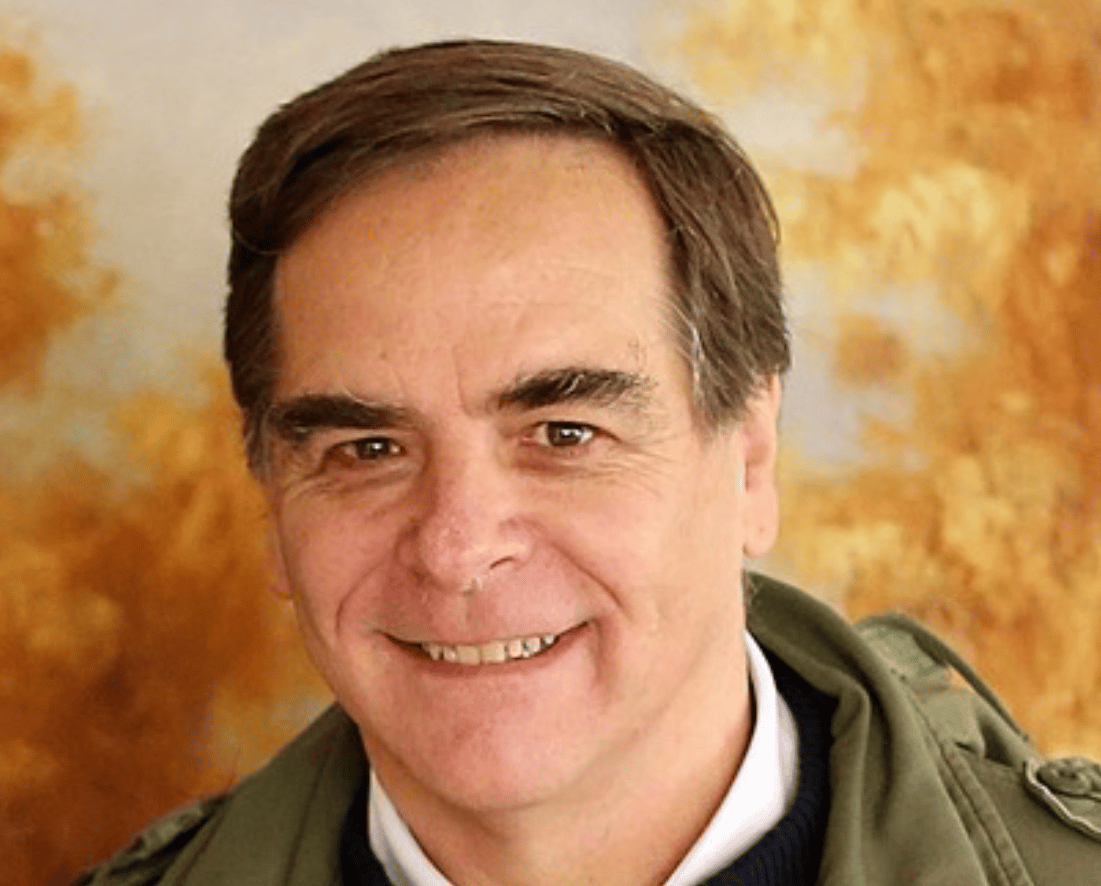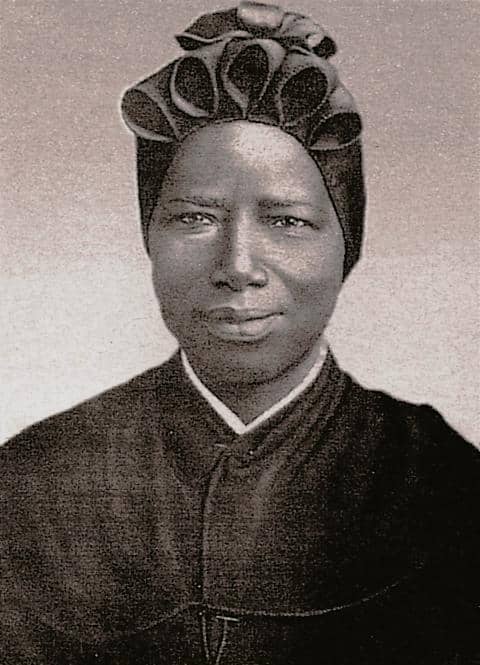Back in February, I was sitting in a Rome restaurant with a member of the College of Cardinals the day after retired Cardinal Walter Kasper of Germany had delivered an impassioned appeal to fellow members of the church’s most exclusive club for relaxing the church’s ban on divorced and remarried Catholics receiving Communion.
Kasper had been tapped to speak to the cardinals by Pope Francis in advance of an Oct. 5-19 Synod of Bishops on the family. Francis certainly knew what Kasper was likely to say, since back in 1993 he had been one of three German bishops who tried to loosen the Communion ban, only to be slapped down by Pope John Paul II’s Vatican.
I asked the cardinal what he made of Kasper’s speech. He put a pained expressed on his face, paused as if to measure to his words, and then delivered the following verdict.
“That guy,” he said, “is off his rocker.”
This cardinal’s opinion was that the teaching of Jesus on divorce – “What God has joined, let no one separate” – was as clear as anything in the Bible, and thus that Kasper was basically spitting in the doctrinal wind.
Our conversation was on background, but in recent days the anti-Kasper backlash has burst into full public view.
Five high-ranking cardinals have published a book pushing back against Kasper’s view that Catholics who divorce and remarry without an annulment — meaning a declaration from a church court that their first union was invalid — ought to be able to receive Communion and the other sacraments of the church under certain circumstances.
The opposition features Cardinal George Pell, an Australian who is Francis’ finance czar, and whose muscle under this pope was recently confirmed when he managed to get his protégé named his successor as the Archbishop of Sydney; Cardinal Gerhard Müller, a German who serves as the pope’s doctrinal czar; and American Cardinal Raymond Burke, a hero to Catholic traditionalists and cultural warriors everywhere.
On the other hand, Kasper also doesn’t lack for allies. Honduran Cardinal Oscar Rodriguez Maradiaga, coordinator of Francis’ council of cardinal advisors, is one, and Italian Cardinal Gianfranco Ravasi, president of the Vatican’s Pontifical Council for Culture, is another.
Ravasi recently used a Vatican news conference to say that even the earliest Christian communities recognized exceptions to the ban on divorce.
While the cross-fire among Princes of the Church certainly ratchets up the drama for next month’s Synod of Bishops, three observations suggest a dose of caution about how excited observers ought to be.
- This is hardly the first time that cardinals have disagreed in public, despite the Vatican’s preference that this sort of indecorum be kept indoors.
Back in 2001, Kasper himself engaged in a public exchange of views with a fellow German Cardinal, Joseph Ratzinger, who went on to become Pope Benedict XVI, over which came first: the local church or the universal church. The debate was conducted mostly in the pages of the Jesuit-run America magazine.
Kasper’s emphasis on the local church was understood as an argument for decentralization, while Ratzinger’s defense of the universal church was perceived as a case for a strong papacy.
In 2010, Cardinal Christoph Schönborn of Vienna, Austria, called out Italian Cardinal Angelo Sodano, the Vatican’s former secretary of state, for blocking a sex abuse investigation against the founder of the Legionaries of Christ, the late Mexican Rev. Marcial Maciel Degollado.
In that case, Schönborn was brought to Rome for a kiss-and-make-up session with Sodano, though a Vatican statement issued at the time never actually said that Schönborn was wrong.
In the United States, when the late Cardinal Joseph Bernardin of Chicago appealed for common ground among liberal and conservative Catholics in the early 1990s, Cardinal Bernard Law of Boston famously replied that there already was common ground in the church in the form of the Catechism, the official compendium of Catholic doctrine.
Law would later resign in disgrace amid sexual abuse scandals in Boston, but that didn’t stop many bishops from agreeing with his critique of Bernardin’s initiative.
One could go back further back in time for other examples, but the point is that cardinals cross swords in public all the time.
One has to remember that cardinals are the second most important officials in Catholicism after the pope, and like VIPs in any other bureaucracy, they’ve risen up the ladder by trusting their judgment and believing that they’re right most of the time. Put enough of these A-type personalities in a room, and disagreements are inevitable.
- There will be no dramatic showdown on the synod floor when the protagonists in this debate face off against one another.
Yes, Kasper will be in the synod, named to that role by special papal appointment, and Rodriguez Maradiaga will take part on behalf of the bishops of Honduras. Yes, Pell will be there too, by virtue of his Vatican office, as will Burke and Müller.
However, each will make his own case without a House of Commons-style question time, and the informal rules of relationships among Catholic prelates dictates that you don’t try to eviscerate one another in public. They will embrace, laud one another for their wisdom and service, and otherwise seem like the greatest of friends.
The exchange will be genteel and indirect, which won’t make the disagreement any less real, but it will require some decoding for outsiders to penetrate.
- It’s important to remember that however amusing it may be to see top Catholic officials trading barbs, to some extent it’s all sound and fury signifying nothing, because a Synod of Bishops is merely an advisory body to the pope, who remains the supreme decision-maker.
Frankly, cardinals can think whatever they want to about who should and shouldn’t be able to receive Communion. Under Catholic law, however, there’s only one person who has the authority to tweak those rules, and it’s the pope.
Canon 331 of the Code of Canon Law, the body of law for the Catholic Church, states that the pope has “supreme, full, immediate and universal ordinary power,” which basically means that the buck stops on his desk for pretty much everything.
As a result, the only meaningful question heading into next month’s Synod of Bishops isn’t what Walter Kasper or Gerhard Müller thinks, however fun it may be to watch them trade blows.
The question is what Pope Francis thinks, and assuming he addresses the synod at some point, as other popes have done, perhaps we’ll get a hint of which way he’s inclined to go. Francis has already called another, larger synod for 2015, so no immediate decision is expected, but we may get a hint of which way he’s leaning.
Assuming that happens, it will be real news. For now, cardinals jousting in public? Always fun to watch, but fundamentally … been there, done that.











